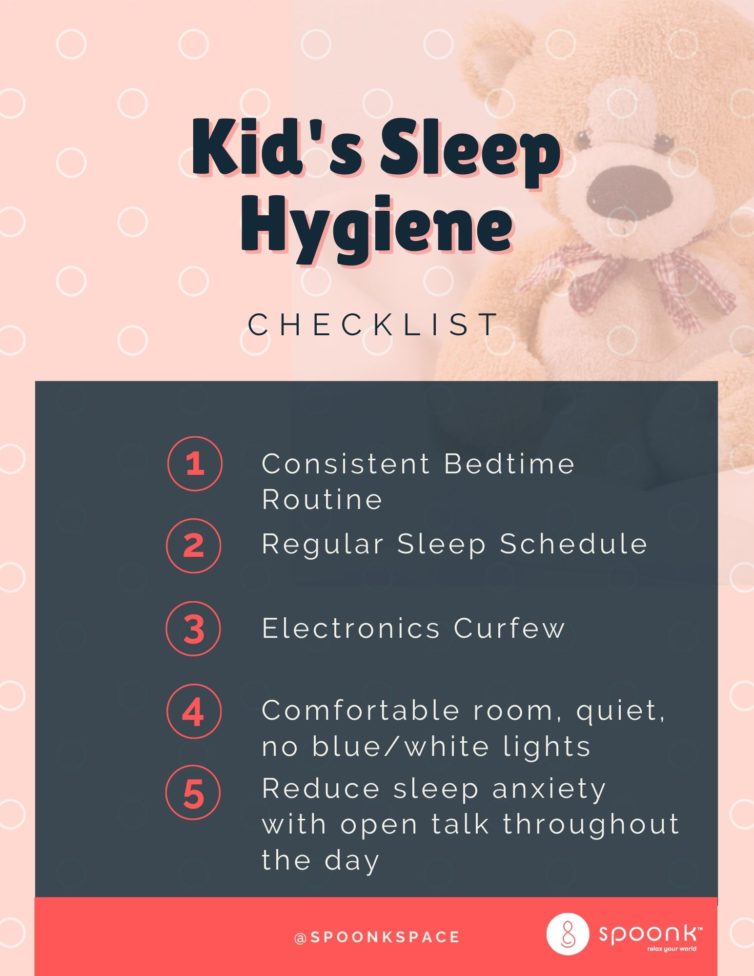The Secret to Staying Motivated Even When You Feel Like Giving Up
When the road ahead seems difficult and the effort seems too much, it is tempting to simply give up or change course and try something


Bedtime can be a struggle for many kids, and especially for their parents. If your child or teen has trouble winding down before bed or seems to not be getting enough restful sleep, there are a few things you can try that may be helpful. We recommend going to the doctor first, so you can have your child checked for rare but serious conditions that may affect their sleep, such as childhood apnea or restless leg syndrome. Once you get the green light from the doctor, try this checklist to help your child sleep better.

Sleep Hygiene Checklist For Kids
We know how frustrating it might be for you to be dealing with a child who is fighting you to go to bed or has trouble staying asleep. As tempting as it might be to simply give them a sleeping pill or supplement, it is not advisable to do so without a doctor’s order. Try implementing this checklist as well as the other tips we have on our blog and you just might find the one that makes the difference for your child.
When the road ahead seems difficult and the effort seems too much, it is tempting to simply give up or change course and try something
My mother had just moved into a new apartment and was pretty excited to show it to her best friend. But instead of being excited
As temperatures begin to drop in the northern hemisphere among COVID-19 concerns, many people are wondering how to keep their immune systems in tiptop shape.
Did you ever stop to think about how much time you spend on your mattress? On average, most people spend 26 years of their life
Bedtime can be a struggle for many kids, and especially for their parents. If your child or teen has trouble winding down before bed or